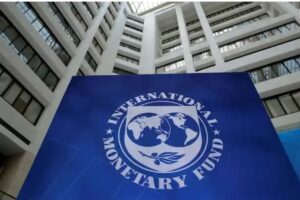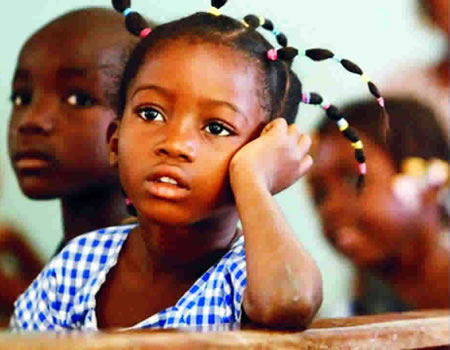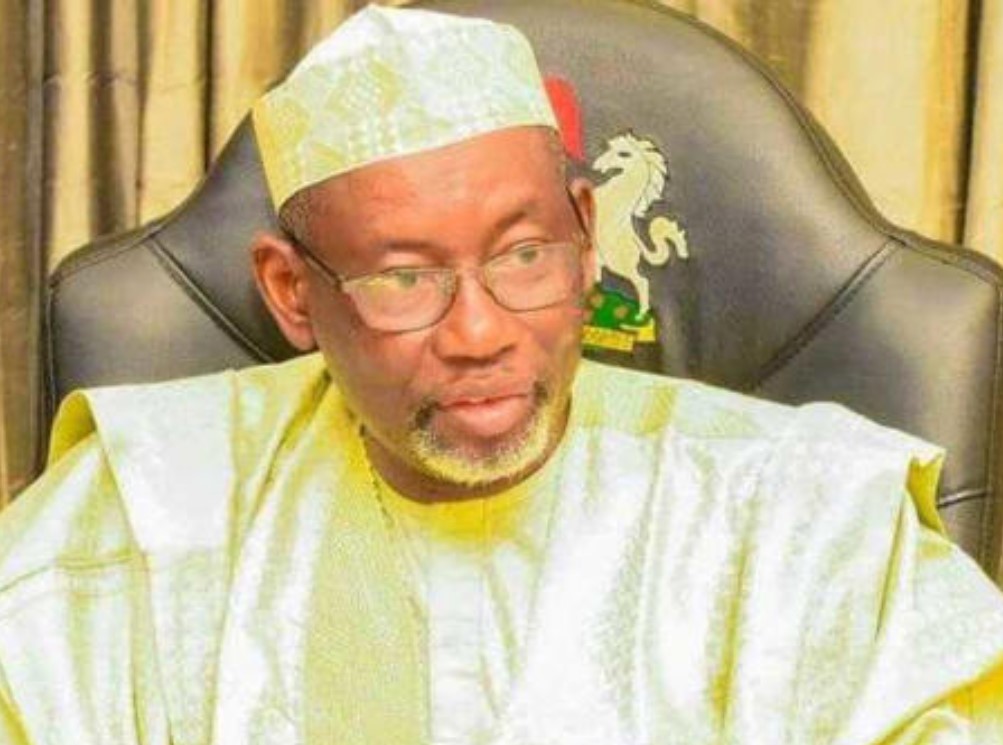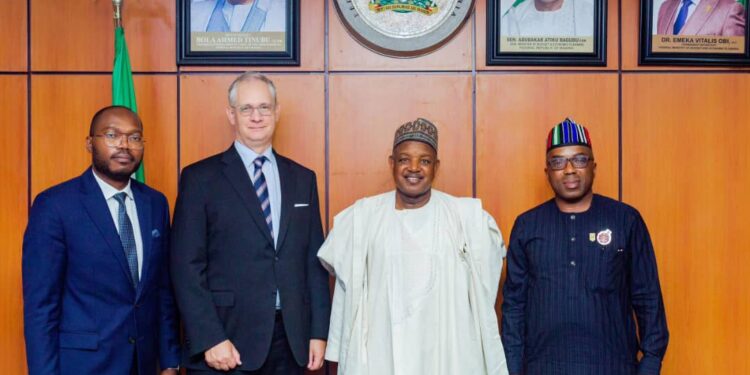IMF urges Nigeria, others to improve education investment
- Education
- No Comment
- 286

In order to promote economic growth, the International Monetary Fund has urged Nigeria and other sub-Saharan African nations to spend more in the education of their youth.
According to an IMF article published on its website on Thursday, the demographic shift may present sub-Saharan Africa’s economies with their greatest chance to date. However, for these economies to benefit, nations must spend enough in education.
The UN projects that by 2050, there will be two billion people living in the region.
Sub-Saharan Africa has made significant strides in recent decades to increase school access, but the region’s results still lagged behind those of other rising markets and developing nations, according to the fund.
The IMF revealed that nearly three in 10 school-age children do not attend school, with the completion rate for primary school students being around 65 per cent, compared with a world average of 87 per cent.
“One reason for these shortfalls is that government spending on education in Sub-Saharan Africa falls short of international benchmarks in several countries. The median education budget was equal to about 3.5 per cent of gross domestic product in 2020, which is below the international recommendation of at least 4 per cent of GDP.
“However, recent IMF analysis reveals that achieving the key Sustainable Development Goal of universal primary and secondary school enrollment by 2030 may require doubling education expenditures as a share of GDP, including from both public and private funding sources.”
According to the fund, greater spending to improve access is important, but equally important is the effort to ensure that funds are efficiently used.
“Indeed, for the median country in sub-Saharan Africa, only 15 per cent of students in primary and secondary school achieve more than the minimum learning outcome, while teacher training rates have fallen steadily for two decades,” the IMF stated.
The fund added that investment in education provides clear long-term economic gains that more than justify the cost.
“Greater government spending on education offers economic benefits such as higher productivity and foreign direct investment, as shown in the latest Fiscal Monitor. Governments in sub-Saharan Africa should protect education budgets amid tighter fiscal constraints and the ongoing funding squeeze, and implement best practices in public financial management for raising domestic revenue and ensuring that funds are well-spent,” it asserted.
The IMF also urged donors and international organisations to maintain or expand education funding support across the region.
“This will ensure the supply of a productive labour force that will be needed more and more urgently by a rapidly ageing world, and help the region become one of the world’s most dynamic sources of new demand for consumption and investment,” the fund concluded.
By
IMF Begs Nigeria, Others To Improve Education Investment – BizWatchNigeria.Ng





